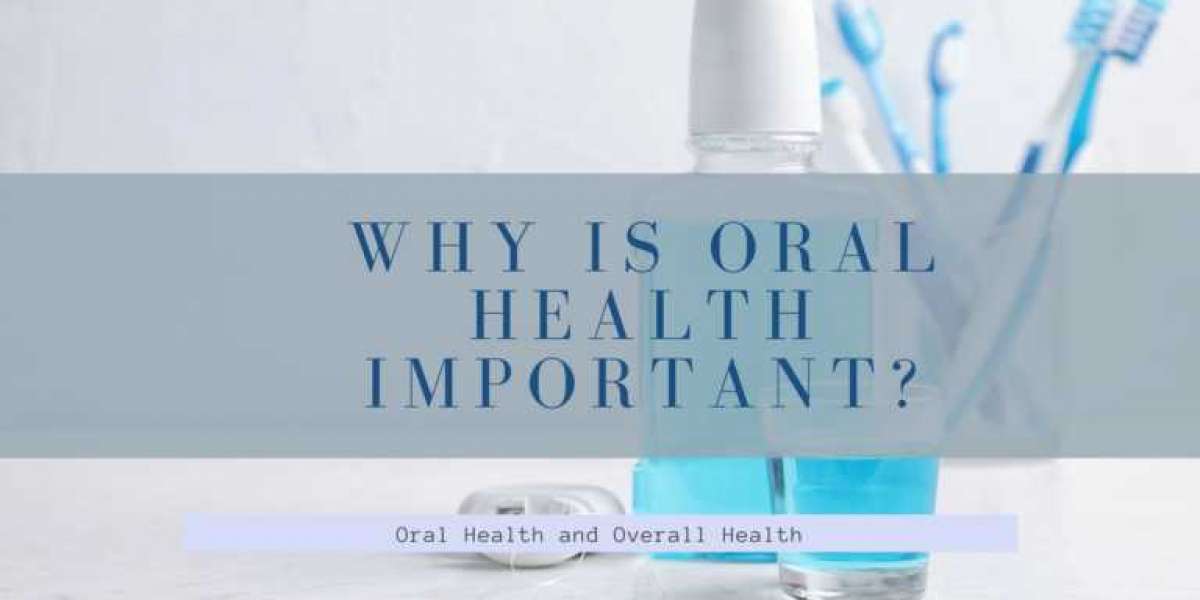Why Oral Hygiene is More Important Than You Think
Oral hygiene is often overlooked in daily routines. Many people brush their teeth quickly and forget about it. However, oral hygiene is essential for good health. It goes beyond just having clean teeth. The impact of poor oral care is far-reaching, affecting more than just your smile.
The Importance of Oral Hygiene
Our mouths are home to bacteria. Some bacteria are good, while others are harmful. Without proper oral hygiene, harmful bacteria can thrive. These bacteria can lead to cavities, gum disease, and even more serious health problems. Brushing your teeth and flossing regularly help remove plaque. Plaque is a sticky film of bacteria that forms on your teeth. When plaque is not removed, it can turn into tartar. Tartar can only be removed by a dentist. This can lead to tooth decay, gum disease, and bad breath.
Cavities and Tooth Decay
Cavities are one of the most common dental problems. They occur when harmful bacteria break down food particles in your mouth. This process creates acids that wear away the enamel on your teeth. The enamel is the protective layer of your teeth. Once it is damaged, it cannot be repaired. Cavities may not be painful at first, but they get worse over time. If left untreated, cavities can lead to infections, abscesses, and even tooth loss.
Gum Disease and Its Risks
Gum disease is another serious problem related to poor oral hygiene. Gum disease starts as gingivitis, an inflammation of the gums. Gingivitis occurs when plaque builds up along the gum line. If not cleaned properly, this can lead to periodontitis, a more severe form of gum disease. Periodontitis can damage the bones that support your teeth. It can also cause your teeth to loosen or fall out.
But gum disease is not just about your teeth. Studies show that gum disease is linked to other serious health conditions. These include heart disease, diabetes, and respiratory infections. People with gum disease are also more likely to have strokes. Taking care of your gums is crucial for overall health.
Oral Hygiene and Overall Health
The link between oral health and overall health is clear. Poor oral hygiene can lead to several systemic health issues. For example, bacteria from infected gums can enter your bloodstream. This can lead to inflammation in other parts of the body. Chronic inflammation is a known risk factor for heart disease. Studies show that people with gum disease are more likely to have heart disease than those with healthy gums.
Oral health also plays a role in controlling diabetes. People with diabetes are more likely to develop gum disease. The bacteria from gum disease can make it harder to control blood sugar levels. This creates a vicious cycle, where poor oral hygiene worsens diabetes, and diabetes worsens oral health.
Respiratory infections are another risk associated with poor oral hygiene. Harmful bacteria in the mouth can be inhaled into the lungs. This can lead to pneumonia and other lung diseases, especially in older adults. This shows just how important it is to maintain good oral hygiene for more than just a pretty smile.
How to Improve Your Oral Hygiene
Improving your oral hygiene is easier than you might think. Start by brushing your teeth at least twice a day. Use fluoride toothpaste to protect your teeth from decay. Make sure to brush for at least two minutes, covering all surfaces of your teeth. Don’t forget to brush your tongue, too, as bacteria can build up there.
Flossing is equally important. It helps remove food particles and plaque between your teeth, areas your toothbrush can’t reach. Flossing at least once a day can significantly reduce the risk of cavities and gum disease. If flossing is difficult, consider using an interdental brush or water flosser.
Another important habit is regular visits to the dentist. You should visit your dentist at least twice a year for check-ups and cleanings. Professional cleanings remove tartar buildup that brushing and flossing alone cannot. Dentists can also spot potential problems early, preventing more severe issues later.
Healthy Diet for Healthy Teeth
What you eat also affects your oral health. A balanced diet can help protect your teeth and gums. Foods rich in calcium, such as dairy products, strengthen your teeth. Vitamin C, found in citrus fruits, strawberries, and peppers, helps keep your gums healthy. Avoid sugary foods and drinks, as they provide fuel for harmful bacteria in your mouth. The more sugar you consume, the higher your risk of cavities.
Drinking plenty of water also helps your oral health. Water helps wash away food particles and bacteria. It also keeps your mouth hydrated, preventing dry mouth. Dry mouth can lead to bad breath and increase the risk of cavities.
The Impact of Smoking on Oral Health
Smoking is another major factor that harms your oral health. Tobacco products stain your teeth and make them more prone to plaque buildup. Smoking also reduces blood flow to the gums, which makes it harder for your gums to heal. This increases the risk of gum disease. Smokers are also more likely to develop oral cancer. Quitting smoking can dramatically improve your oral health and reduce the risk of these problems.
The Role of Oral Hygiene in Preventing Bad Breath
Bad breath, or halitosis, is a common problem that can be caused by poor oral hygiene. Bacteria in the mouth can produce unpleasant odors. Brushing and flossing regularly help prevent bad breath by removing bacteria and food particles. Keeping your mouth hydrated is also important, as a dry mouth can contribute to bad breath.
If you have persistent bad breath, it may be a sign of an underlying issue, such as gum disease or an infection. In such cases, it is essential to visit your dentist for a proper diagnosis and treatment.
The Importance of Starting Early
Oral hygiene is important at every age, but it is especially crucial to start early. Teaching children the importance of brushing and flossing can set them up for a lifetime of good oral health. Regular dental check-ups should begin by the age of one, or when the first tooth erupts. Children’s oral habits often carry over into adulthood, so setting the foundation early is key.
Oral Hygiene and Aging
As we age, maintaining good oral hygiene becomes even more important. Older adults are more likely to experience tooth loss, gum disease, and dry mouth. Regular dental visits and good oral care can help preserve teeth and prevent complications. For seniors, dentures or implants may become necessary, but good oral hygiene is still essential to keep them in good condition.
Conclusion
Oral hygiene is much more than just keeping your teeth clean. It affects your overall health and well-being in many ways. Poor oral hygiene can lead to cavities, gum disease, and even serious health issues like heart disease and diabetes. By brushing and flossing regularly, eating a healthy diet, and visiting your dentist, you can maintain a healthy mouth and prevent problems before they start. Remember, a healthy mouth is key to a healthy body. So, take care of your oral health—it’s more important than you think.For more health and relationship-related blogs, visit Venzec and stay informed!







